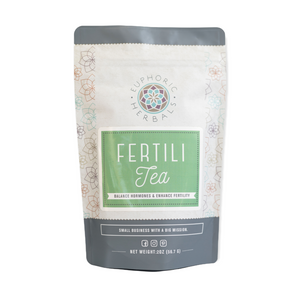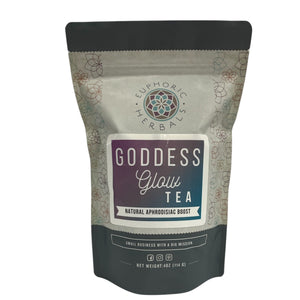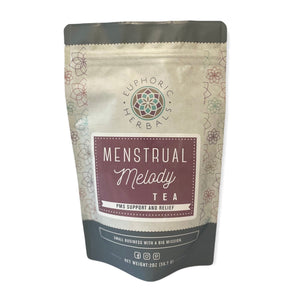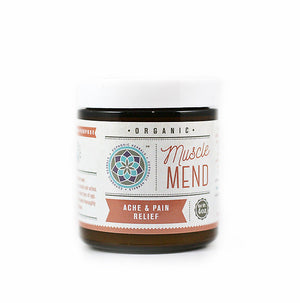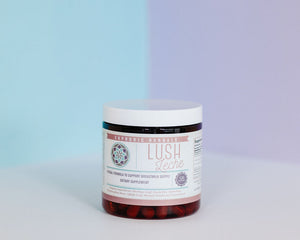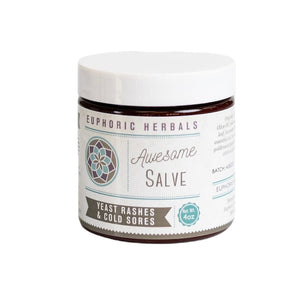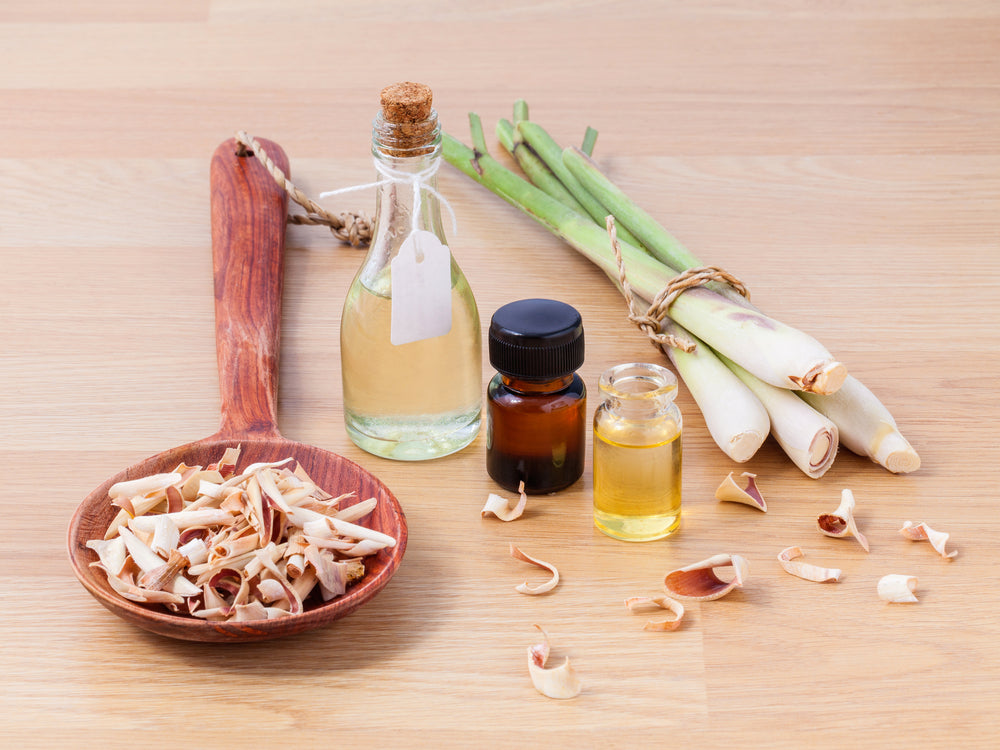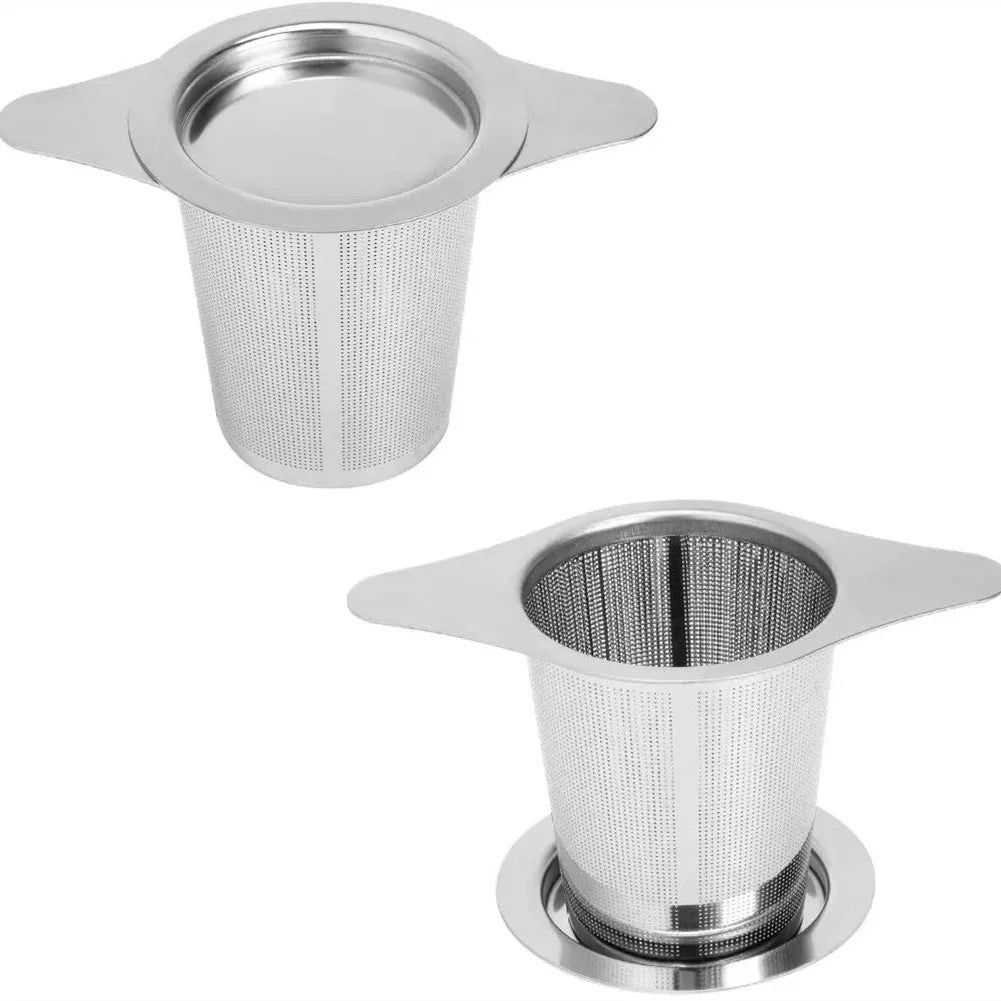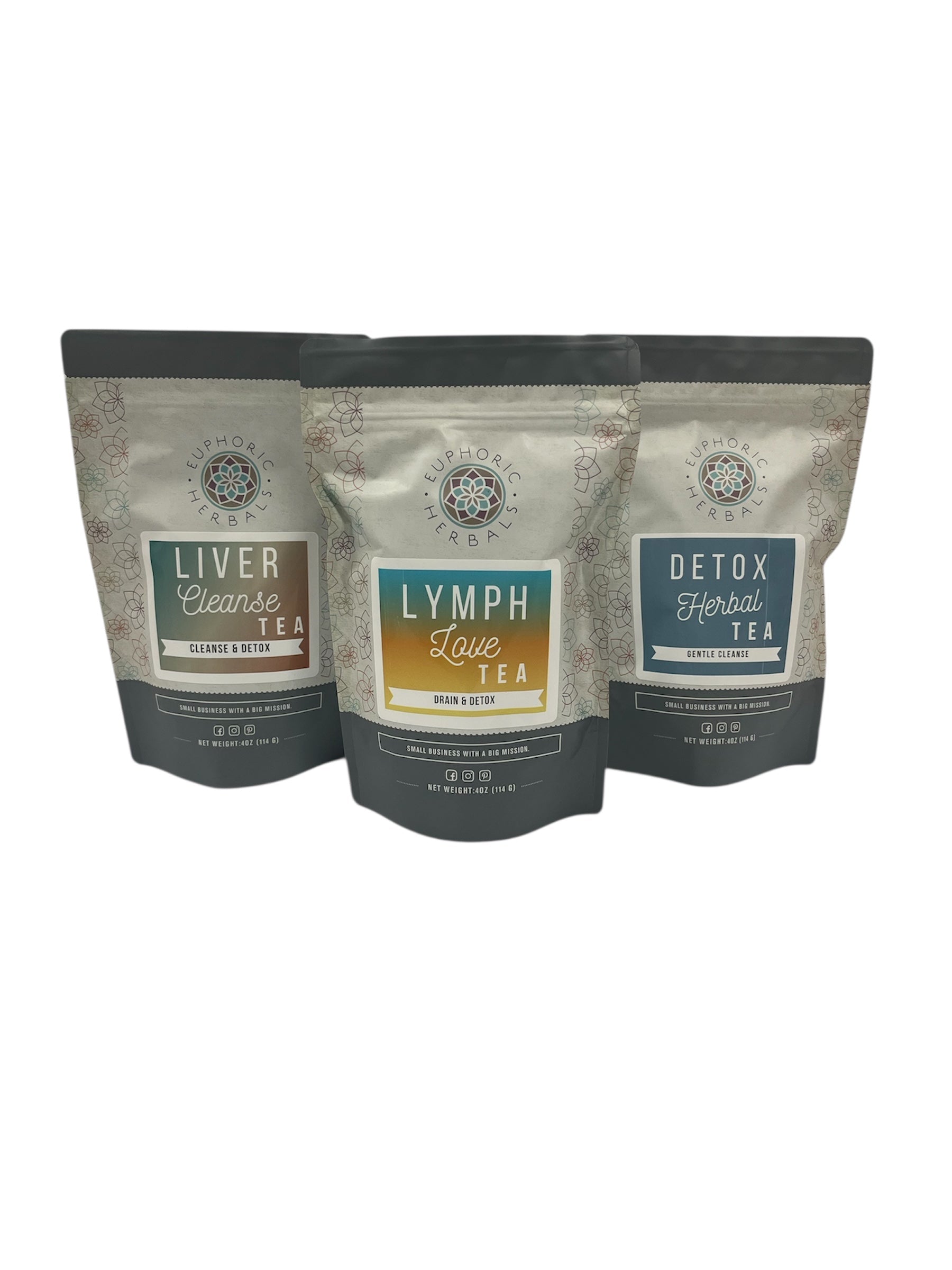Lemongrass is an herb used frequently to flavor food in Southeast Asia. It's also often used in South America and Africa to make a fragrant tea. Besides seasoning, lemongrass is used in both eastern and western countries for its health benefits.
This citrusy grass is believed to have been used by the ancient Egyptians, Greeks, and Romans, especially for skincare, and is still part of the traditional medicinal practices of many tropical countries.
Here's more about the benefits of lemongrass, how to use it as an oil and tea, and any precautions you should know about.
What Is Lemongrass?
You may be familiar with lemongrass as a seasoning for Asian dishes or as an essential oil. As a plant, lemongrass can refer a number of different species from the genus Cymbopogon. However, the oil and the stalks used to make tea usually come from either Cymbopogon citratus or C. flexuosus.
The native habitat of lemongrass is warm and tropical. It comes from India and other Southeast Asian nations, but is now widely cultivated in tropical areas of South and Central America and Africa as well.
Plants look like tall, ornamental grasses and grow in clumps that reach up to 6 feet tall. The leaves and stalks have a strong lemony, citrusy fragrance that gives lemongrass its name.
The leaves and the essential oil contain many powerful plant compounds responsible for the health benefits of lemongrass. Some of the most notable are several types of antioxidants as well as citral and citronellal, two compounds also found in citronella, a commonly used oil for repelling insects that comes from the Cymbopogon family. (1)(2)
The two most common ways to use lemongrass are as a tea and as an essential oil. The essential oil has especially become popular lately and is a good skincare oil.
Health Benefits of Lemongrass
Antimicrobial Properties Benefit Skin
Lemongrass essential oil has shown strong antimicrobial activity in studies. It can be especially effective against certain bacteria and fungi that cause skin infections and issues like athlete's foot and ringworm. (3)(4)
Lemongrass oil also fights candida, a fungal species that can cause a host of skin and internal problems. (5)
This anti-fungal activity has long been recognized by natural practitioners who regularly use lemongrass for skincare. You can use the essential oil diluted in a carrier oil, or try it in something like this Awesome Antifungal Salve.
Aids Digestion

Lemongrass has been used for hundreds and likely thousands of years to help digestion. A tea or soup made with the leaves promotes healthy metabolism, aids nutrient assimilation, and can fight stomach disorders.
For example, its antimicrobial nature can help digestive issues caused by pathogens. It also has shown an ability to help slow or stop diarrhea and to protect against gastric damage and ulcers. (6)(7)
For digestive support, you can drink lemongrass tea or try rubbing the essential oil over your stomach.
Helps Muscle Cramps and Pain
Lemongrass has anti-inflammatory properties and a history of use for cramps, rheumatism, and muscle soreness. (8) Drinking it in tea form is a traditional remedy for menstrual cramps, and the oil can also be rubbed on externally.
One study done in 2017 found that lemongrass oil can also help with pain. It was applied on participants with rheumatoid arthritis for 30 days and gradually reduced pain levels. (9)
If you want more on natural pain relief, check out these top herbs for pain and inflammation.
Calms Stress and Anxiety
There are many herbs that help with stress by calming your nervous system and relaxing mind and body. Lemongrass is one of these herbs and can be especially effective when used in aromatherapy. (10)
The tea or essential oil can also help you get a better night's sleep. This is mainly because of the stress-reducing benefits of lemongrass and its help in calming your mind.
Try diffusing the oil in your bedroom or drinking a cup of lemongrass tea before bed.
Boosts Immune System & Fights Infection
In the countries where lemongrass grows natively, it's been used as a fever-reducer for centuries. It's also used to help with cold and cough symptoms. The essential oil may even help to disinfect the air and prevent infection when diffused. (11)
These benefits come because lemongrass is naturally antimicrobial and boosts immune function. It's also a diaphoretic herb, which means it will help your body to sweat out a fever.
Supports Healthy Tissues
A lesser known aspect of lemongrass is its ability to support connective tissues in your body. In his herbal reference book, Matthew Wood quotes lemongrass essential oil as being "the connective tissue oil" and especially beneficial for weaknesses in skin tissues. (Wood. The Earthwise Herbal Vol. I, pg. 231)
It can also support connective tissues deeper in the body, which is why the oil is recommended by certain practitioners for torn ligaments, muscles, etc.
How to Use Lemongrass

Making a tea with lemongrass is simple:
- Add 2-3 teaspoons of fresh or dried lemongrass to a mug and pour 8 ounces of just boiled water over it.
- Cover and let steep for 10-15 minutes.
- Strain out the lemongrass, and sweeten your tea if desired.
- Drink as needed.
There's also an alternative way to make a tea with fresh lemongrass if you happen to grow it or buy it fresh:
- Bring a small pot with 3-4 cups of water to a boil on your stove.
- Take one long stalk of lemongrass or a few small ones and tie into a loose knot.
- Drop the knotted lemongrass into the water and boil for about 15 minutes.
- (You can also boil additional spices like ginger or cinnamon in the water with it.)
- Turn off the heat and lift or strain out your lemongrass (and spices if you used them).
- Sweeten if desired and enjoy! If there's extra tea, it can be refrigerated for a few days.
Lemongrass essential oil is pretty straightforward to use. It can be added to your diffuser or used topically. When using on your skin, be sure to properly dilute with a carrier oil so that it doesn't cause skin irritation.
Precautions
Lemongrass rarely has side effects, and the herb is safe to use in large amounts. Occasionally, an allergic reaction can occur or side effects like dizziness or drowsiness.
The essential oil can cause skin irritation, especially if it's used undiluted. If you've never used lemongrass oil before, it's a good idea to perform a small patch test before using on larger areas of skin.
Lemongrass essential oil is recommended to be avoided by pregnant and breastfeeding women. (But here are posts about safe essential oils for pregnancy and which oils are okay while breastfeeding.)
Lovely Lemongrass
Now much more popular in the west than it used to be, lemongrass has long been used as a medicinal herb. It has benefits as an anti-fungal agent for skincare, a digestive aid, a stress reliever, and much more.
Why not give this "exotic" herb a try or experiment with the essential oil to discover the benefits of lemongrass for yourself?
Disclaimer: This post is for informational purposes only. It does not constitute medical advice and should not be substituted for medical advice. Please consult your health care provider, herbalist, midwife, or naturopathic physician before taking herbs, supplements, etc. Here's the link to our full disclaimer.






















































